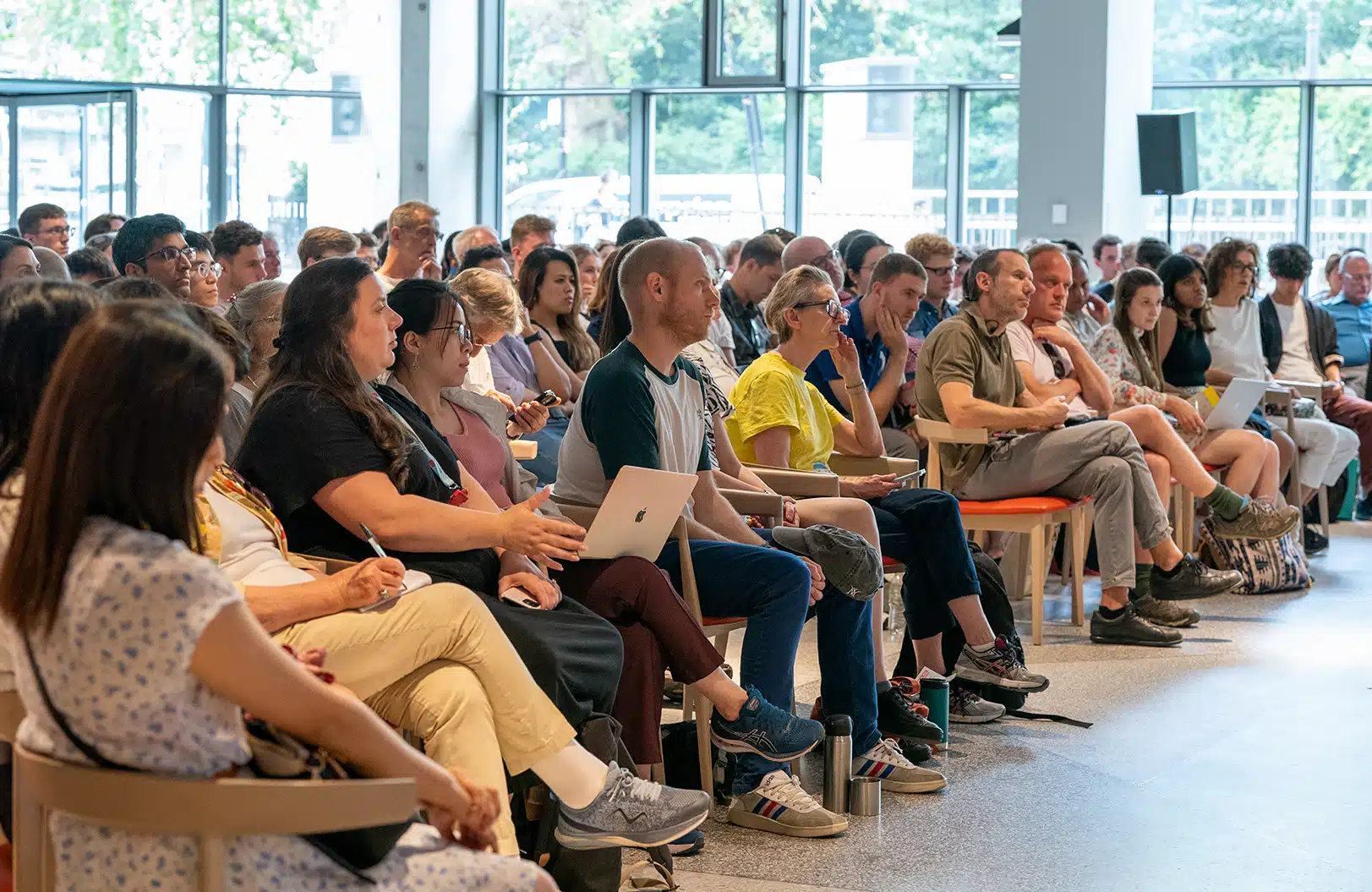In an era where digital transformation is at its peak, hybrid event solutions are emerging as a pivotal strategy in the event industry. These solutions blend the traditional in-person experience with the convenience and reach of virtual events. This comprehensive exploration delves into the essence of hybrid events, their benefits and challenges, and the technologies that make them successful.

Introduction to Hybrid Events
Definition and How They Work
Hybrid events are a fusion of in-person and virtual experiences, offering the best of both worlds. They combine live, physical gatherings with a digital component, allowing remote attendees to participate virtually.
Difference Between Hybrid and Virtual Events
While virtual events are entirely online, hybrid events have both a physical venue and a digital platform. This dual nature caters to diverse attendee preferences and circumstances.
Pros and Cons of Hybrid Events
Increased Attendance and Global Reach
One of the primary advantages of hybrid events is their ability to attract a larger, more diverse audience. They provide global reach, enabling people from different parts of the world to attend without the constraints of travel.
Improved Inclusivity and Flexibility
Hybrid events are more inclusive, catering to those who cannot attend in person due to geographical, financial, or health reasons. They also offer flexibility in participation, allowing attendees to choose how they wish to experience the event.
Challenges in Planning and Technology
However, hybrid events come with their own set of challenges. Planning a hybrid event requires balancing the needs of both in-person and virtual audiences. It also demands a higher level of technological integration and expertise.

Key Technologies for Hybrid Events
Choosing the Right Software and Platforms
It is crucial to select appropriate technology, including reliable streaming services, interactive platforms for virtual participation, and integrated event management software.
Importance of Visuals, Lighting, and Audio
High-quality visuals, professional lighting, and clear audio are essential for a successful hybrid event. These elements ensure a seamless and engaging experience for both physical and online attendees.
Audience Engagement in Hybrid Formats
Interactive Features for Virtual and In-Person Attendees
Interactive features like live Q&A sessions, polls, and chat rooms are important to engage both in-person and virtual attendees. These features bridge the gap between the two audiences, fostering a unified event experience.
Networking and Interactive Capabilities
Hybrid events should facilitate networking opportunities through breakout rooms, virtual networking lounges, and interactive sessions. This enhances the event’s value for attendees seeking connections and collaborations.
Steps to Organise a Hybrid Event
Setting Goals and Planning the Budget
Clear objectives for the event and a well-defined budget are fundamental. Determine what you want to achieve – be it brand exposure, lead generation, or community building – and allocate resources accordingly.
Selecting the Venue and Technology
Choose a venue that can accommodate both the physical aspects of your event and the technological infrastructure needed for streaming. Ensure the venue has robust internet connectivity and adequate space for AV setups.
Marketing and Promoting the Event
Effective promotion is key to attracting attendees. Utilise a mix of traditional and digital marketing strategies to reach both potential in-person and virtual attendees.

Measuring Success in Hybrid Events
Evaluating Attendee Engagement
Use analytics tools to measure attendee engagement, participation rates, and feedback. This data is valuable for understanding the event’s success and areas for improvement.
Gathering Feedback from Both Audiences
Collect and analyse feedback from both in-person and virtual attendees. This will provide insights into their experiences and how the event can be enhanced in the future.
Future Trends in Hybrid Event Solutions
Emerging Technologies and Innovations
The future of hybrid events is likely to see more advanced technologies, such as augmented reality (AR) and virtual reality (VR), offering even more immersive experiences.
Sustainability in Event Planning
Hybrid events are also paving the way for more sustainable event planning, reducing the carbon footprint associated with travel and large physical gatherings.
Conclusion
Hybrid event solutions represent a significant advancement in the event industry, offering unparalleled flexibility and reach. As we move forward, the role of technology in enhancing these events will become even more crucial. By carefully planning and executing hybrid events, businesses and organisations can effectively engage with their global audiences, providing impactful and memorable experiences. The key to success lies in understanding the unique dynamics of hybrid events and leveraging the right technologies to create a cohesive and engaging experience for all attendees.



